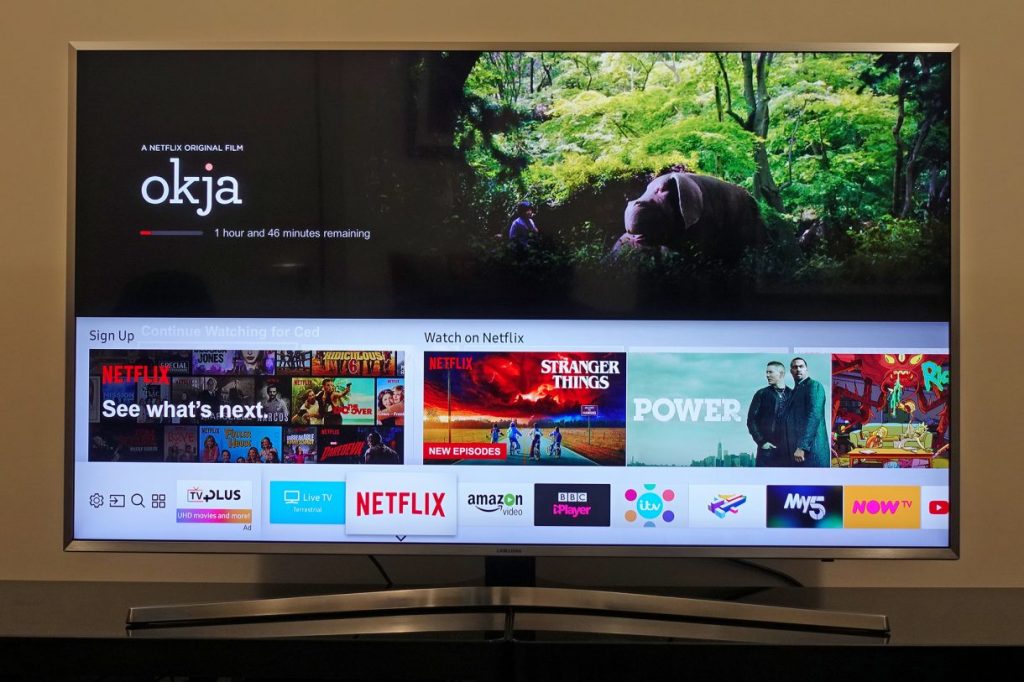Netflix saw its subscriber base grow by 8.8 million during the last quarter of 2019 (Q4). This is better than what the company expected as it had projected a growth of 7.6 million during this period. This was revealed in the company’s latest earning report.
Netflix also revealed that it currently has over 167 million paying subscribers with more that 100 million of them outside the United States. This is not strange as Netflix is one of the few platforms with a presence in almost all countries, most of its competitors tend to focus on the key markets in developed countries.
During Q4 of 2019, Netflix had better than expected earnings with revenue totalling $5.47 billion.
Competition in the Streaming Market
Adding 8.8 million subscribers in one quarter is good but what is even better is when you consider the fact that a couple of streaming services launched during this period. The two new services that we saw during this period are Disney+ and Apple TV+. These are serious competitors to Netflix and Disney+ for example has some popular shows and movies that I am sure Netflix would want to have on its platform.
Netflix is not on the clear just yet as more competition is coming this year. We are expecting HBOMax and Peacock by NBC Universal to launch later in the year. Netflix does not seem worried with this though as the company is quoted saying that there is room for many services
Here in Africa we have ShowMax owned by MultiChoice, the parent company behind DStv. ShowMax is not on the same level as Netflix but it does have a local feel to it with different payment methods and local African content that you may not find on Netflix. ShowMax even added a Live sports section, a nice addition if you ask me. This is perfect for those who may not have expensive sports channels on their TV packages as they can legally stream some live sports action right through ShowMax.
ShowMax also has a mobile only plan that the company says is targeting users who love consuming content using their mobile devices like smartphones and tablets instead of large TV screens.

